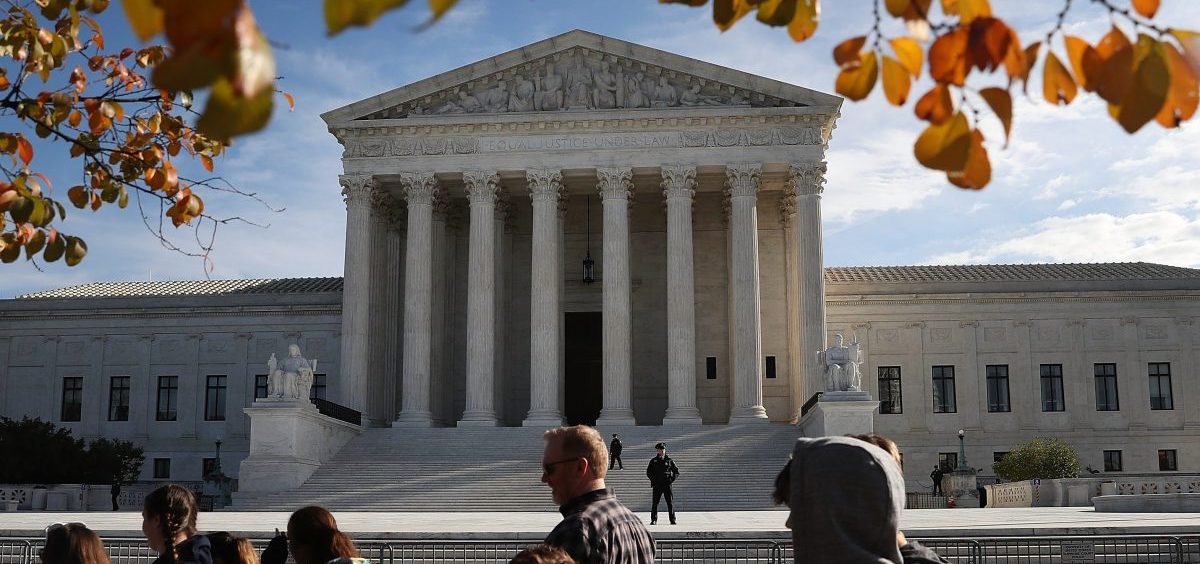News

Supreme Court Appears Ready To Make It Harder For States To Confiscate Property
By: Nina Totenberg | NPR
Posted on:
At the U.S. Supreme Court Wednesday, a majority of the justices seemed ready to make it more difficult for states to confiscate cars, houses and other property that is even tangentially used in the commission of a crime. It’s a process legally known as civil asset forfeiture.
That would be a victory for Tyson Timbs, whose $42,000 Land Rover was seized by the state of Indiana after he was arrested for selling of a small amount of heroin to undercover cops for $400. A trial judge ruled that taking the SUV was a grossly disproportionate punishment, on top of other fines and a year of house detention.
An Indiana appeals court agreed. But the state Supreme Court ruled that the Constitution’s ban on excessive fines, unlike nearly all the other provisions of the Bill of Rights, has never been applied to the states.
On Wednesday, Indiana’s Solicitor General Thomas Fisher defended that proposition in the U.S. Supreme Court, facing a chorus of skepticism from justices, conservative and liberal.
The idea of civil forfeiture is that since the truck was used in the commission of a crime, it is, in essence, an instrument of the crime. This produces peculiar case names where the property is considered a party to the case. This case: Tyson Timbs and a 2012 Land Rover LR2 v. State of Indiana.
Since Timbs, in pleading guilty, admitted that he had the drugs in the car when he went to make one sale, that was enough to justify the seizure, the state maintains.
Indiana’s Fisher, in part, argued that the Constitution’s ban on excessive fines should not apply, because this case is about seizing property used in the commission of a crime rather than a monetary fine.
“Removing offending property from the offensive use is something that governments have done well before the founding,” Fisher told NPR before the argument.
Timbs’ lawyer, Wesley Hottot, told the Supreme Court that this case is emblematic of the way civil forfeiture laws are used throughout the country — as a mechanism to raise revenue for state and local governments. Backed by the Institute for Justice, Hottot has maintained that the modern system of civil forfeiture has turned into abusive “policing for profit.”
In a brief he submitted to the court, he noted that Indiana allows prosecutors to outsource civil forfeiture cases to private lawyers for a percentage cut — a third to a fourth of the recovery — as happened in Timbs’ case.
9(MDI4ODU1ODA1MDE0ODA3MTMyMDY2MTJiNQ000))

